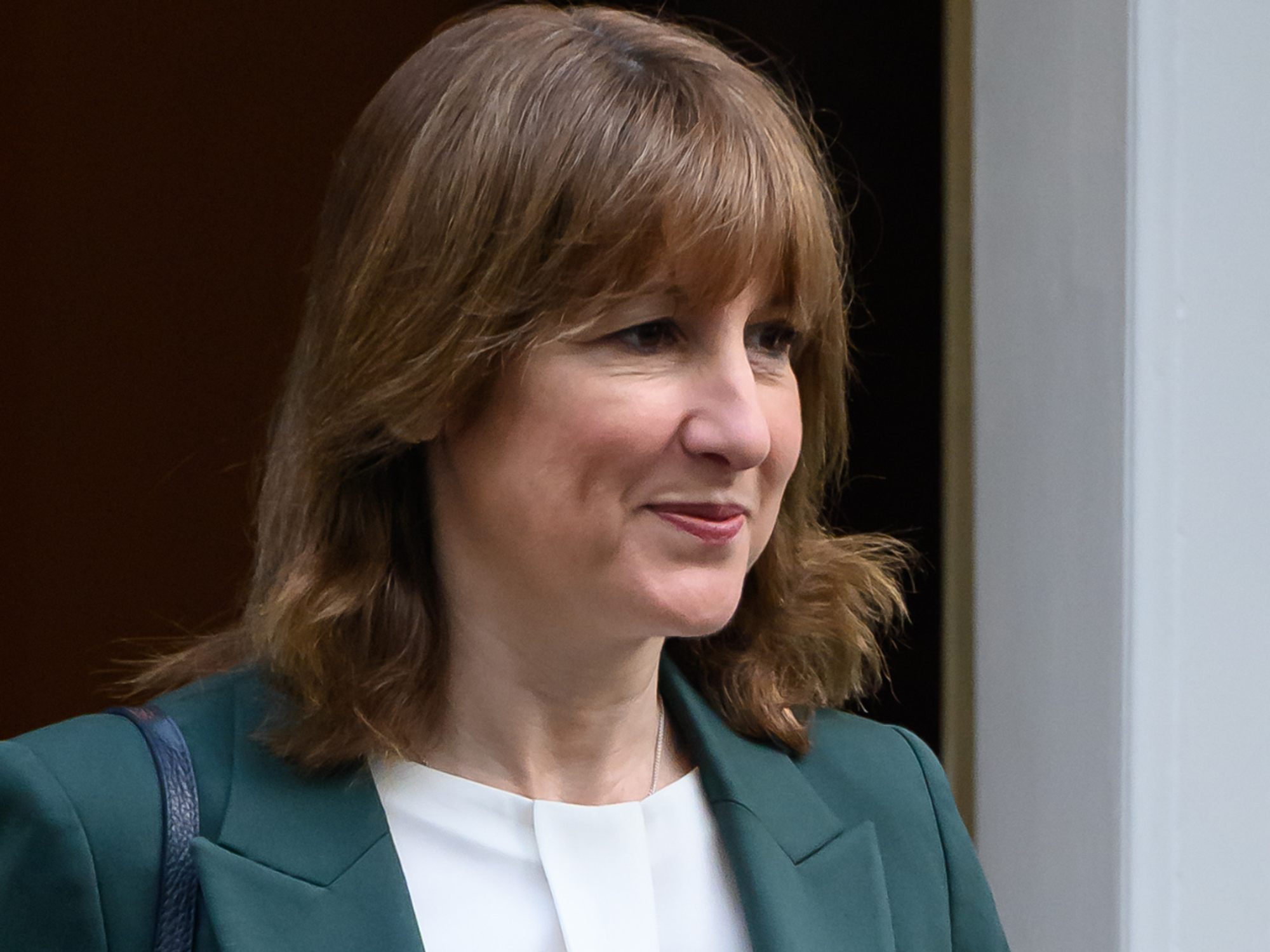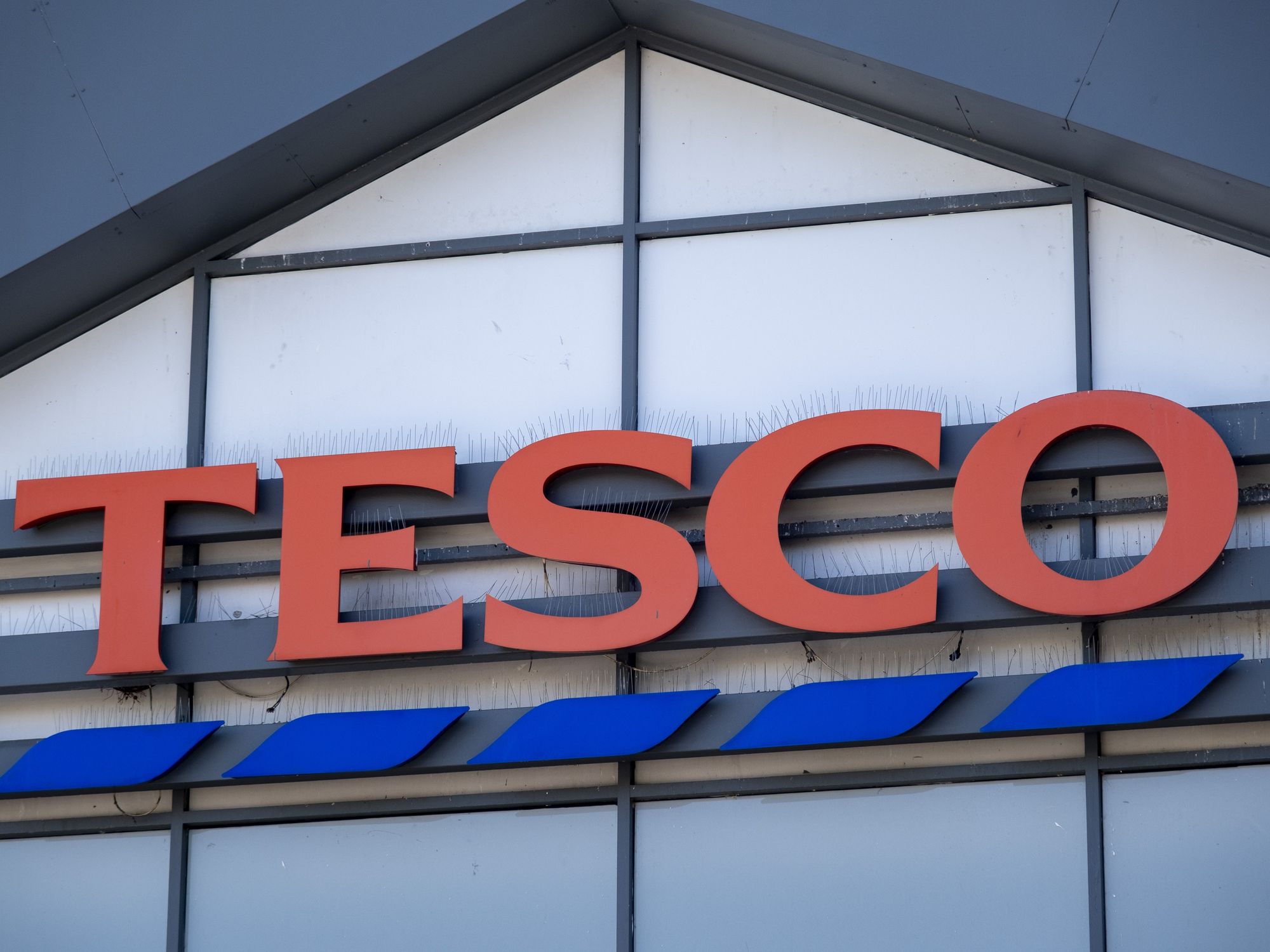Navy struggling to attract new recruits as Gen Z not prepared to sacrifice contact with friends and family
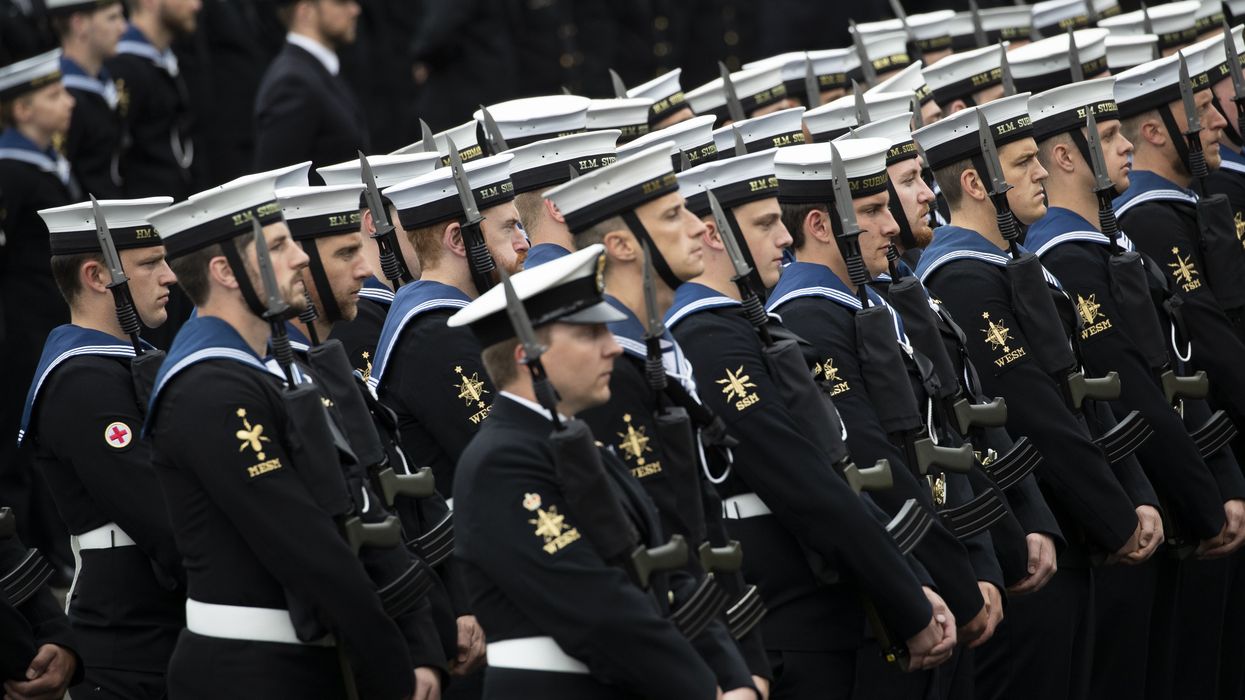
The First Sea Lord sees AI as a crucial development for the Navy
|PA
First Sea Lord points to generational attitude change as reasoning for declining Navy recruitment rates
Don't Miss
Most Read
Latest
First Sea Lord Admiral Sir Ben Kay has opened up about the “war for talent in this country,” as he admits the Navy is struggling to satisfy new recruits' expectation of contact with friends and family.
Appetite is waning for the submarine service in particular, for Admiral Sir Ben believes “expectations of contact with people you love are changing,” with the reality of long periods away from home dissuading the next generation of submariners.
With the development of the Aukus Alliance, a new class of Trident nuclear submarines, the Dreadnought, has been under construction.
Combined with the war in Ukraine, it is the first time since the end of the Second World War that the Navy has been looking to rapidly expand its recruitment to cope with extra deployments and hardware.
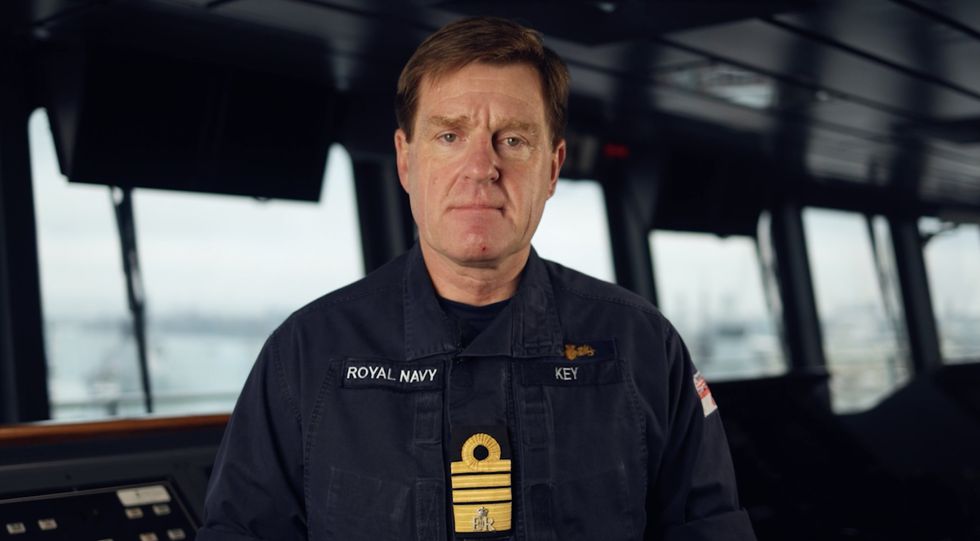
First Sea Lord Admiral Sir Ben Kay
|Twitter/Royal Navy
Yet, Admiral Sir Ben concedes that this level of recruitment is “not in our DNA”, for the Navy “have had 80 years of effectively getting smaller.”
The Ministry of Defence’s (MOD) most recent quarterly service personnel statistics show that between October 2021 and October 2022, the full-time trained strength of the Royal Navy fell by 0.6 per cent.
Speaking to the House magazine, Admiral Sir Ben put forward reasoning for the lacklustre take-up: "One of the challenges is actually, the Navy of today, at 29,000 in a population of… about 65 million, actually, there are very few people who have got direct experience of coming from a naval family, whereas, if you track back 100 years, a lot of people had experience of a military family or a naval family."
He continued: "If you're thinking of joining a Submarine Service as a young person, you want to go and talk to a young submariner and find out what it's really like."
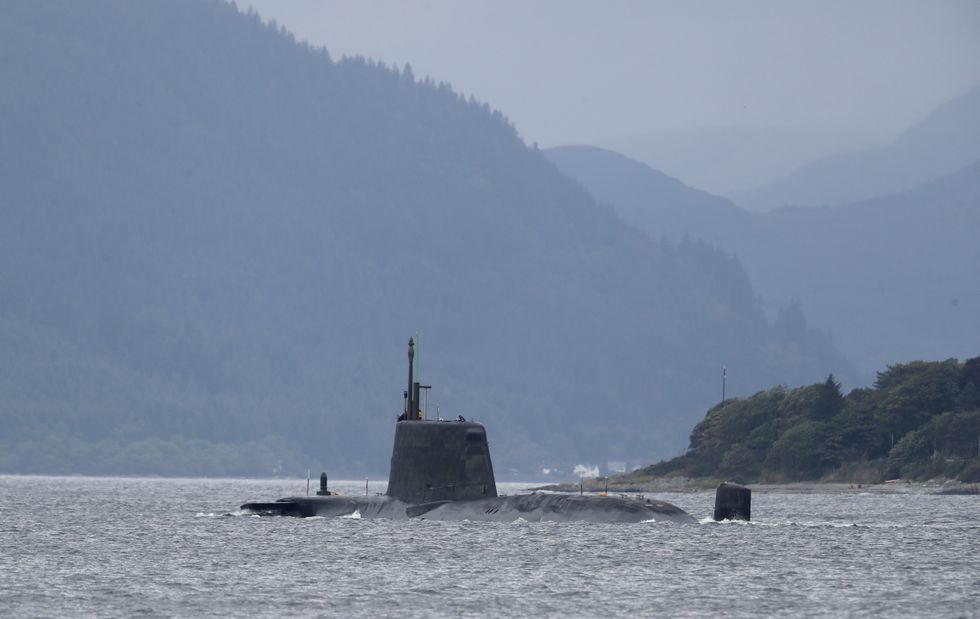
An Astute-class nuclear-powered attack submarine moves through Holy Loch in Argyll and Bute
|PA
However, the First Sea Lord is sympathetic to the sacrifices required in service of your country, as he recalled that on returning from a six-month trip away, his two year old son could no longer recognise him.
Admiral Sir Ben remains bullish about Britain’s current Naval capacity, citing the Falklands as a reminder of how swiftly the Navy can mobilise.
He said: "If I was required to sail a Navy at short notice, to go and do something similar, then in the same way that, in 1982, where the Royal Navy and the dockyards and industrial support lane delivered this absolutely heroic piece, then I'm sure that we could do the same.
"Would the task group be the same size? Absolutely not. Is it as capable? It's way more capable."
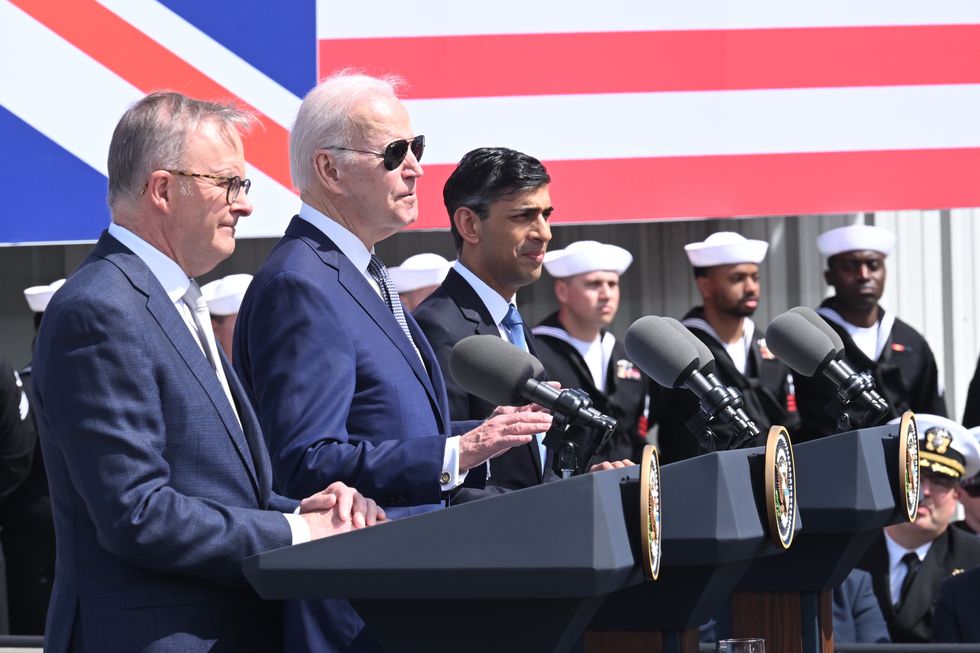
The Aukus Alliance of Australia, United States, and United Kingdom
|PA
An unlikely saving grace for the Navy might well come in the form of artificial intelligence (AI), which is touted as a means of protecting those at sea as well as streamlining the Navy as a whole.
The First Sea Lord wishes to take AI in stride and harness it to carry out precarious jobs at sea: “For instance, autonomous mine hunting systems have proven to us that: why would you put people in a minefield when you don't need to?"
While Sir Admiral Ben believes “it is inevitable” that AI will reduce the number of roles needed in the Navy, he is adamant that operating the systems “still requires human beings, and those sailors are still therefore in the mix – they are just doing something different."
Admiral Sir Ben highlighted that AI can make the Navy more effective "tremendously at detecting malign actors at sea such as drug smugglers, illegal fishing or for scouring the seabed in search and rescue operations.
Admiral Sir Ben said: "If you start to build up at a large scale of data, then AI is tremendously good at spotting inconsistencies in the patterns or spotting other patterns that we haven't necessarily identified."






